THOMAS DUNNE BOOKS / ST. MARTINS PRESS  NEW YORK
NEW YORK
THOMAS DUNNE BOOKS.
An imprint of St. Martins Press.
FIRST BLUE . Copyright 2004 by Robert K. Wilcox. Foreword copyright 2004 by James Lovell. All rights reserved. Printed in the United States of America. No part of this book may be used or reproduced in any manner whatsoever without written permission except in the case of brief quotations embodied in critical articles or reviews. For information, address St. Martins Press, 175 Fifth Avenue, New York, N.Y. 10010.
Wilcox, Robert K.
First blue : the story of World War II Ace Butch Voris and the creation of the Blue Angels / Robert K. Wilcox.
p. cm.
ISBN 0-312-32249-6
EAN 978-0312-32249-6
1. Voris, Roy Marlin, 1920 2. Fighter pilotsUnited StatesBiography. 3. World War, 19391945CampaignsPacific Ocean. 4. United States. Naval Flight Demonstration SquadronHistory. 5. United States. NavyOfficersBiography. I. Title.
ACKNOWLEDGMENTS
W hen I was lucky enough to get the chance to write Butch Voriss biography, I thought it would be relatively simple. Interview Butch, get the general layout and outline, supplement with research, fact checking, and hard actual writing, and voil, a biography. Of course, it wasnt that simple. But what a great project. I was able to immerse myself in World War II, one of my favorite subjects, and specifically, the Pacific war, the generally lesser known of the two great war theaters. I learned a lot. Meeting Butch and getting to know him was another great benefit. When I first started, I checked almost everything he told me, spending a lot of time verifying. He was almost always right. His memory was extremely good. He never lavished or embellished, never took the chance to make himself look good. How many times did he say to me, I know what youre after, Bob, but thats all there is. Hes a truly honest and unpretentious person yet one who has lived an adventure worthy of the great halls of intrepid achievement. I came away with enormous respect, admiration, and feeling for Butch. As his son-in-law Hank always says, he is a national treasure, and I consider myself privileged to have researched and verified his story and, in the process, became Butchs friend.
My luck started with Admiral Winston W. Copeland Jr., Mad Dog or Cope to his friends, who, after a distinguished career as an honored naval aviator and warfighter, is now a San Josearea businessman. We had met when he was running the naval portion of the Kosovo War from the carrier USS Roosevelt. He recommended me to Hank Nothhaft, Butchs son-in-law, whose idea it was that Butch put his experiences down for posterity. I suspect that to Butch, having led the life was enough, and he probably would have been satisfied to leave it at that. But Hank, a naval academy graduate, former marine and student of World War II, was looking to interest a writer. He knew Butchs contribution to the war and the navy had been substantial. All of us got together and hit it off. Hank, a California internet entrepreneur and CEO of his own company, became a constant source of information and inspiration. His knowledge of World War II is near encyclopedic, and being as close to Butch as he is, he was always a help when I needed input beyond what Butch could give me or what I could discern on my own. We became good friends and his input was invaluable.
As the work commenced, I needed a small staff of helpers, most notably Ricki Sawyer of Sherman Oaks, California, who did most of the interview transcriptions for me. Ricki was always pleasant and helpful, and her work was excellent. Ralph Platt, who had worked with me on several earlier books, also helped with transcriptions. In the course of the research, I ran into many people who answered questions and gave me valuable information. Those people, beyond those mentioned in the text, included: Doris M. Lama, head of the navys Privacy Act/Freedom of Information Policy Branch in Washington. She was instrumental at the outset in getting Butchs military records declassified. Ron Williamson, historian at NAS Jacksonville, forwarded archives from the bases records and knew stories about Butch and what hed done there. Barbara Lewis, a writer herself, graciously opened her research to me regarding some of the early Reaper training in Hawaii. Other research helpers included Jack Conner, Pratt & Whitney Archives; Larry A. Feliu, manager of the Northrup-Grumman History Center; Mike Walker and Sandy Smith, navy archivists; Susanne Dewberry of the National Archives, Southeast Region in East Point, Georgia; Meg Hacker and Christina Hardman of the Ft. Worth, Texas, branch of the National Archives; Patrick Osborn, Modern Military Records Branch of the National Archives at College Park, Maryland; Robert Young of Wright-Patterson Air Force Base, Ohio; and Emily Lisska, Jacksonville, Florida.
As we got enough to sell, my agent Jim Trupin of JET Literary Associates went out and did the hard work of placing the manuscript. Jim and Liz Trupin-Pulli of the agency are both good friends and top professionals. Jim, who largely handles the nonfiction and therefore the nuts and bolts with me, is always insightful, helpful, and encouraging. I am lucky to have both of them representing me. Luckily, Peter Wolverton, associate publisher of Thomas Dunne Books at St. Martins Press, bought the book in its early stages. Pete was editor on my last book, Black Aces High, and I say luckily because his comments and direction helped shape Black Aces into a better book. But this time, he really did his job. From top to bottom, he made major and minor suggestions that cut the wheat from the chaff, induced me to add important new aspects, and generally focused the book into a much stronger narrative. I am grateful to Pete for his expertise. First Blue is better because of his editing.
My final and deep acknowledgments go to my wife, Bego, and son, Robert. Writing is a solitary, albeit rewarding, profession. You have to do it alone. Moral support is an important part of the process. Whenever I needed a read just to make sure I was on the right track, or just to get support to keep going in the vacuum, Bego would do it, sometimes giving me new ideas or changing my perspective. Robert, a writer himself, turned out to be my working editor. He was the real mainstay. Whenever Id finish a chapter, he was eager to read it. His continued interest was a factor in keeping me pumped, and with a keen eye for detail and great imagination, he always had helpful, useful suggestions. I hope to do the same for him as his career progresses. My daughter, Amaya, was away at school during most of the writing, but just so she doesnt feel left out, let me state right here that she completes the support team. Everyone needs a papaya.


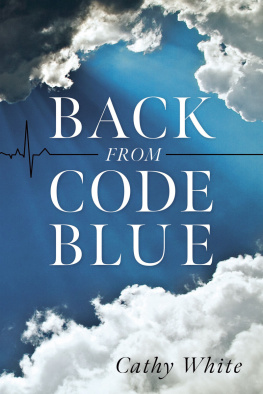

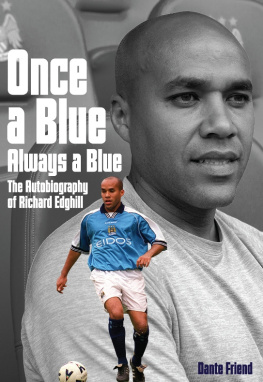
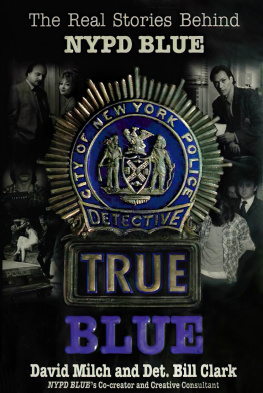
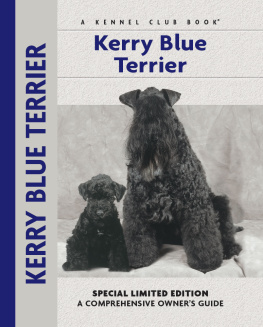
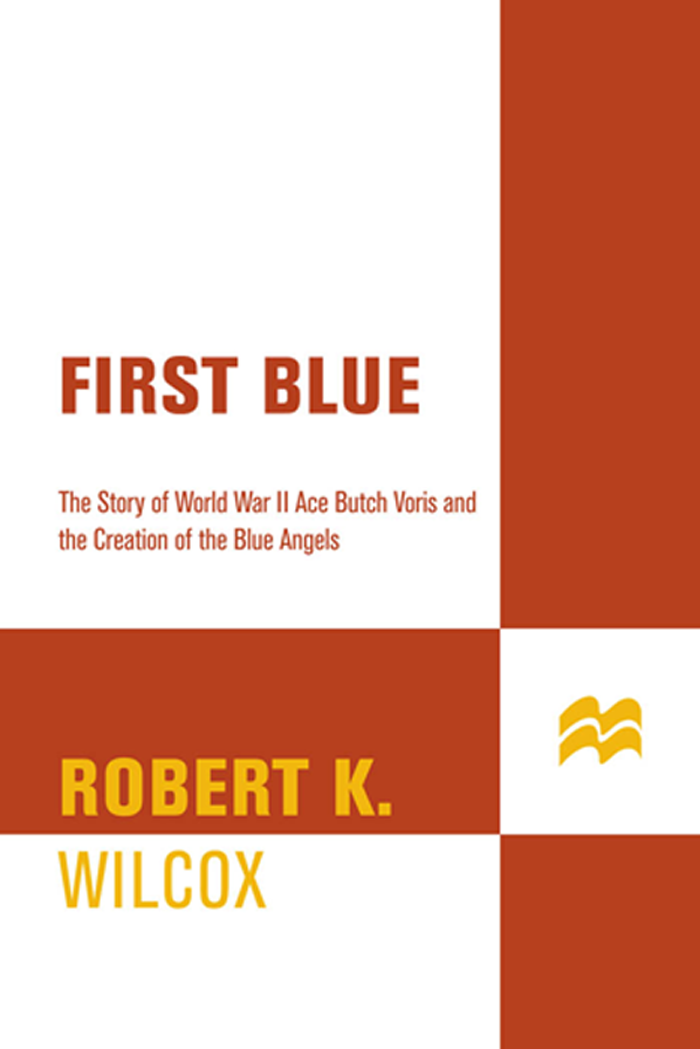
 THE STORY OF
THE STORY OF NEW YORK
NEW YORK